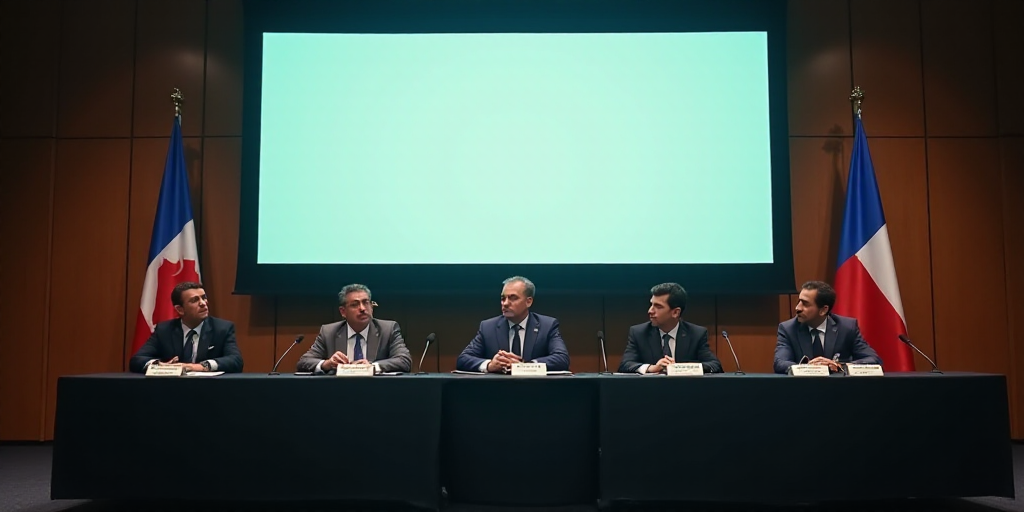Opinion OC-32/25 Establishes “Healthy Climate” Concept and State Obligations
The Inter-American Court of Human Rights (CIDH) has released Opinion Consultiva OC-32/25, which for the first time clearly states that the climate crisis poses a real and current threat to human rights. This ruling has binding effects on over 30 countries in Latin America and the Caribbean, including Mexico, that are part of the OAS. It introduces the concept of a “healthy climate” based on IPCC science, linking it closely to human rights.
Who is Nancy Hernández López?
Nancy Hernández López is the President of the CIDH, an independent human rights court established by the Organization of American States (OAS). Her leadership and this ruling highlight her commitment to addressing human rights issues through the lens of environmental protection.
Key Aspects of the Ruling
- Recognition of Nature as a Rights Holder: The CIDH acknowledges nature as a rights holder, enabling legal arguments against both states and businesses that negatively impact the “healthy climate.”
- Strengthened State Obligations: The ruling defines clear responsibilities for states in addressing the climate emergency, including preventing and mitigating environmental damage, adapting policies, ensuring comprehensive reparation when rights are violated due to climate-related causes, and avoiding regressive policies.
- Climate Justice and Equity: The principle of “common but differentiated responsibilities” is mentioned, recognizing that countries most responsible for climate change should do more. It also emphasizes protecting women, children, environmental defenders, indigenous peoples, and Afro-descendant communities.
- Participation, Access to Justice, and Transparency: The ruling ensures effective participation in environmental and climate decisions, clear and accessible environmental information, and prevents obstructing access to accurate, reliable, and complete climate-related information.
- Legal Framework for Climate Litigation: The opinion provides a solid legal foundation for individuals, communities, and organizations to bring climate-related cases before national or international courts.
- Just Transition and Phasing Out Fossil Fuels: Although not explicitly mentioned, the ruling implies that states must initiate an urgent energy transition based on science and centered on human rights, gradually moving away from fossil fuels to protect the global climate system and prevent human rights violations.
Key Questions and Answers
- What does this ruling mean for nature? The CIDH recognizes nature as a rights holder, enabling legal arguments against entities that negatively impact the “healthy climate.”
- What are the state obligations under this ruling? States must prevent and mitigate environmental damage, adapt policies, ensure comprehensive reparation for climate-related rights violations, and avoid regressive policies.
- How does this ruling address climate justice? It acknowledges the principle of “common but differentiated responsibilities” and emphasizes protecting vulnerable groups affected by climate change.
- What legal framework does this ruling provide? It offers a solid foundation for climate-related litigation, enabling individuals and organizations to bring cases before national or international courts.
- What does the ruling imply about fossil fuels? States are obligated to transition urgently to an energy system based on science and human rights, phasing out fossil fuels to protect the global climate system.






